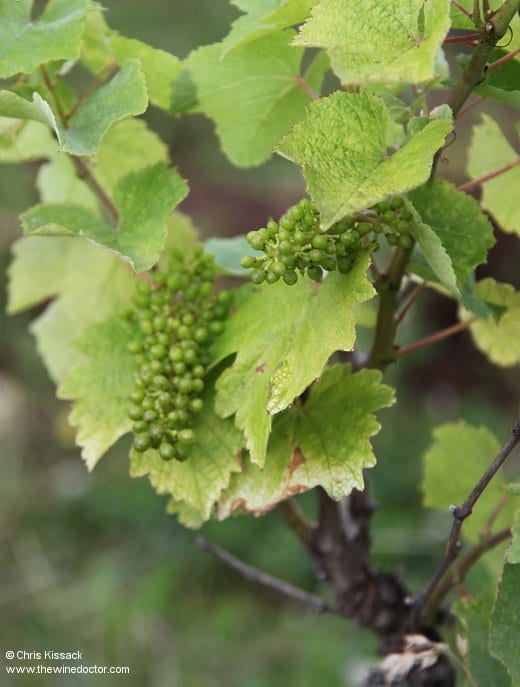Mark Angeli: Paysan Solidaire
The results of Mark’s commitment in vineyard and cellar was seemingly clear to all those fortunate enough to taste these wines. They were, in short, wines of very high quality. But this wasn’t enough for Mark Angeli, who began to develop a new wine philosophy, one based on biodynamics, one which focused on his domaine as an organism, a self-sufficient blend of agricultural activities and processes rather than a monoculture of Vitis vinifera. The domaine grew into a ferme, a viticultural system or mechanism within which Mark, who today describes himself as a paysan solidaire, is merely a cog. In the cellar Mark moved further away from intervention, which increasingly meant more than avoiding chaptalisation but was instead a commitment to no manipulation or addition of any sort. In tandem, the style of wines he produced evolved in order to fit in with his vision for the ferme.
The most apparent shift in Mark’s practice was away from the sweet wines with which the Bonnezeaux appellation is rightly associated towards drier wines, which in those early years he marketed as Anjou. To achieve this Mark found himself committed to a battle against the region’s natural propensity towards botrytis, engendered by the humid air over the Layon. Nevertheless, for Mark the outcome would be worth the effort; with less residual sugar to worry about he could reduce his use of sulphites. Indeed, as he pushed the domaine towards less intervention there was a period when Mark would make no sulphite additions at all; I have seen the results of this phase in the evolution of La Ferme de la Sansonnière, the wines turned brown with rampant oxidation once they had seen out a little bottle age. These days, Mark adds a small dose of sulphites once again (more on how he does this on the next page).

Please log in to continue reading:
